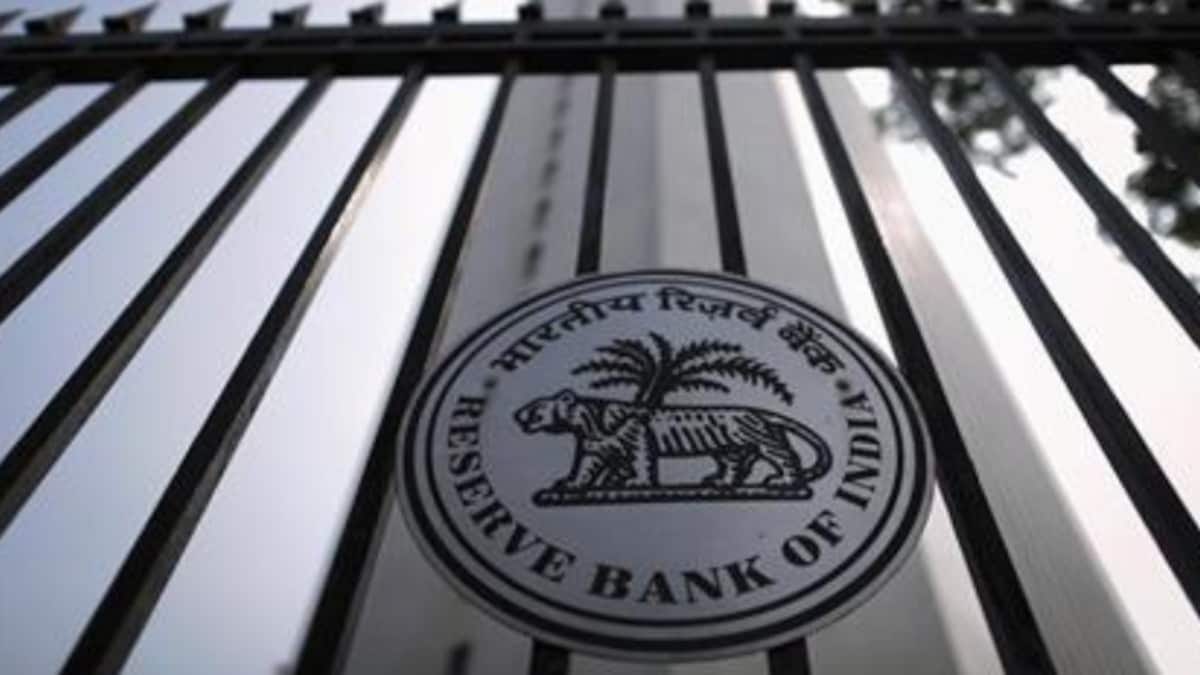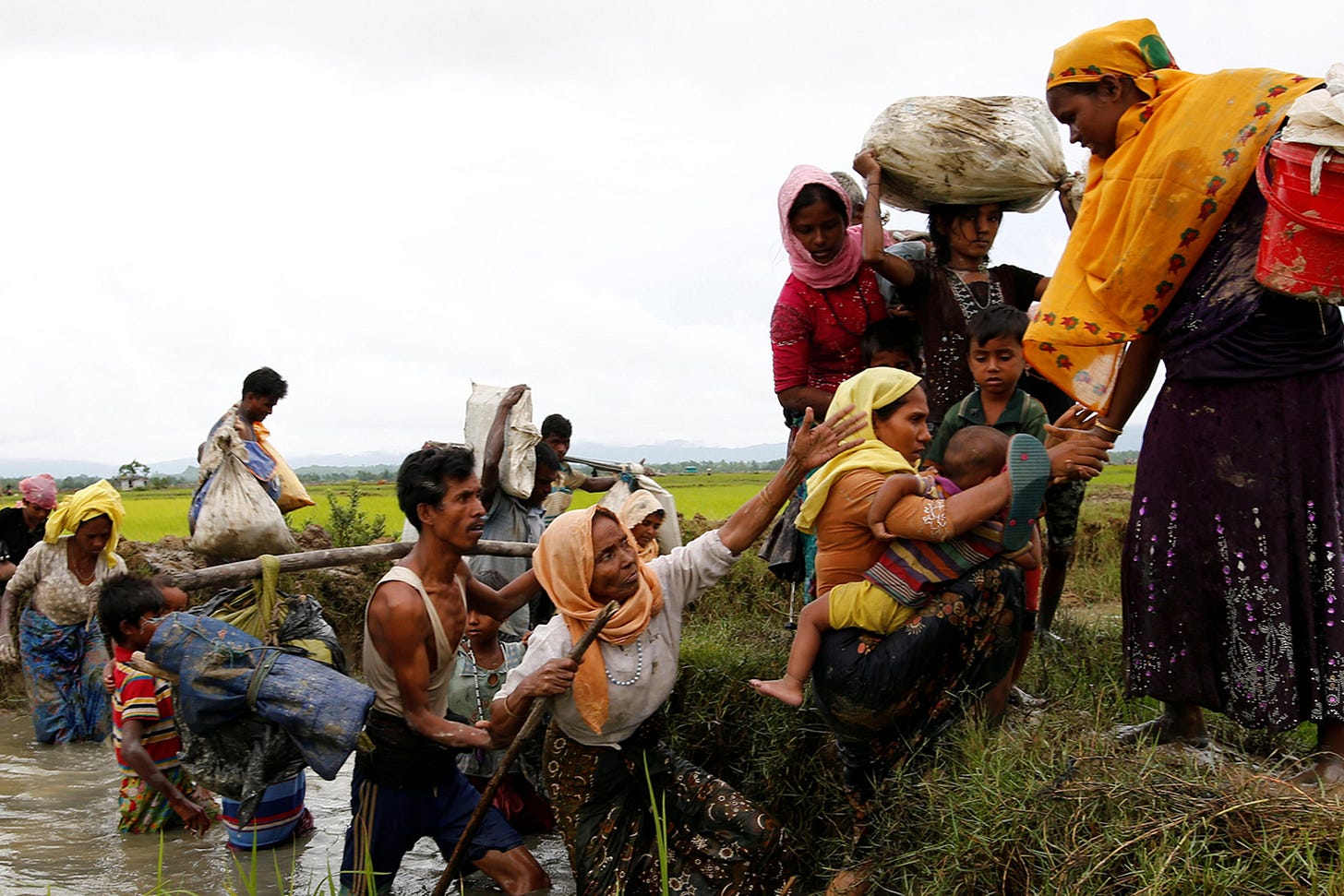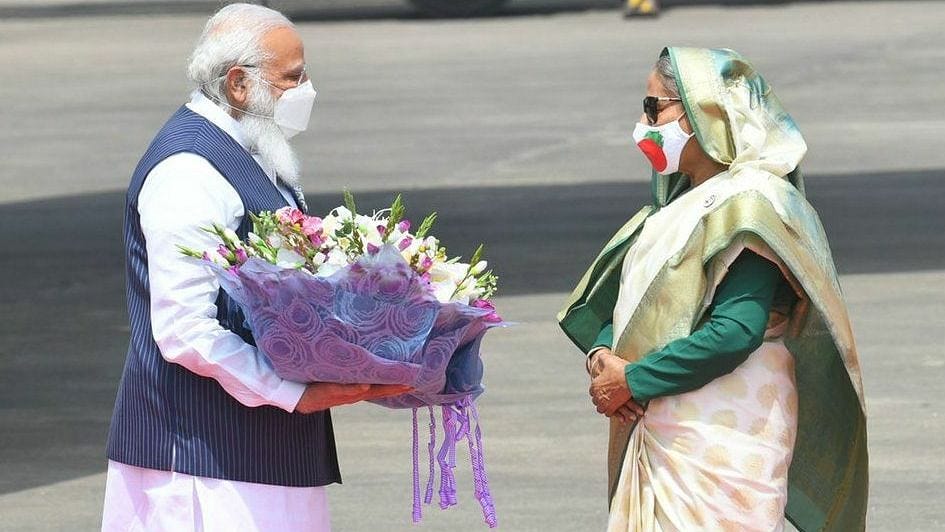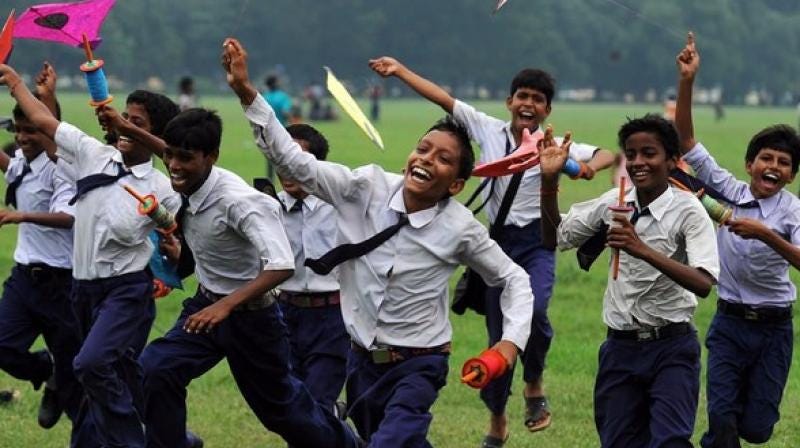Hello Everyone
From Suez Canal crisis to diplomacy and surge in covid cases, this week has been eventful. Today we bring you highlights from Rohingya Refugee Crisis, diplomatic stands, human rights and burnout culture.
Happy Reading!
The second wave of Covid-19 and Economy: Would we see a downward trend or recovery?
Covid 19 impacted the economy to the extent where GDP contracted to 23.9 % in the June quarter of 2020-21 when the cases were rising rapidly. However now as India is witnessing another surge, there are questions on how it would impact the economy?
As per the RBI Governor Shaktikanta Das, the surging cases won't affect the economy. One of the major reasons for not affecting the economy is the rollout of vaccines which has completely changed the global outlook and added to the stability of the economy, although new variants of the virus are bringing new concerns.
Das emphasised the significant role of innovation and technology, which was much more beneficial for the customers as it was quicker and online. As per the data, he said that the central bank processed 274 crores of digital transactions to provide direct benefit transfer(DBT) to people, most of which happened during the Covid Pandemic. RBI’s optimism on growth is high, and we hope the numbers stay high too.
(Source: The Indian Express)
Diplomacy and the Refugee Crisis
Rohingya Refugees at the border of Myanmar just again faced a fire- which has killed 15 refugees as reported and left many injured and without a roof. The International Organization for Migration (IOM) said that more than 10,000 families lost their homes. And many learning centres of children, clinics, markets etc were destroyed.
This incident has just taken place just before the Indian Prime Minister’s visit to Bangladesh for the host country’s golden jubilee independence celebrations. India and Bangladesh have a long drawn diplomatic and economic relationship, but does the long-stretched Rohingya Crisis make through the mark for discussion?
Rohingya in Bangladesh: The influx of Rohingya refugees in Bangladesh has raised significant economic and strategic challenges for the country. More than 8 lakh refugees have entered Bangladesh in 2017 itself, and by 2019 almost 1.3 million Rohingyas have taken shelter in Bangladesh. Due to this, the country has been witnessing one of the world’s largest refugee emergency and economic consequences.
Rohingyas in India: India shelters more than 40,000 Rohingyas across camps in New Delhi, Jammu and Hyderabad. However, India has refused refugee status to them, stating national security as a reason to do so and the security forces have started deporting them.
(Source: NYtimes, Aljazeera, Reuters, Wire)
Human Rights and United Nations
Recently, the United Nations Human Rights Council (UNHRC) presented a resolution to strengthen the Office of the High Commissioner on Human Rights to increase accountability of human right violations in Sri Lanka. To which, India abstained on voting, along with Japan, Bahrain and Nepal. 11 countries voted against the resolution- China, Cuba, Pakistan, Venezuela.
22 countries voted for the resolution, including- UK, France, Italy, Denmark.
Does India abstain from Happiness?
India has been ranked 139 out of 149 countries in the UN's World Happiness Report 2021. The current position is less than the previous year’s 140th position out of 149 countries. However, the annual report ranked India based on Gross Domestic Product per person, healthy life expectancy, their freedom to make their own life choices, their sense of how corrupt the society is and how generous they are. The annual report’s focus was double-fold:
To focus on the effects of Covid-19 in the country and the quality of people’s lives
How the government dealt with the Pandemic to improve the quality of life.
Finland topped the list again as usual with the first rank.
(Source: Hindu Business Line. Livemint)
Burnouts and Work Culture
Burnout has been redefined by the World Health Organization as a syndrome that "refers specifically to phenomena in the occupational context…resulting from chronic workplace stress that has not been successfully managed.”
Burnout culture/ overworking culture has been glorified among Generation Z, which is impacting mental health and the opted lifestyles. One such bank where junior bankers are facing this is Goldman Sachs with a workload of 100 hours a week.
As per a survey with 13 investment bank analysts were asked some questions, like - How many hours did you work this week?; Rate your mental health before starting this job?; Has the work stress affected your relationship with friends and family?
With no surprise, most of them answered ‘yes’ to these questions. This trend is not new, it came to light when a 22-year-old analyst at the bank took his own life in 2015.
Goldman is trying to improve conditions by transferring staff internally to help its busiest department and working on enforcing a policy of no work on Saturdays.
While in other news, one of the world’s largest CITI groups announced plans for ‘Zoom-Free-Saturdays’. This step is to avoid burnout and boost productivity among employees.
Hope you found this week’s newsletter meaningful.
If you want to know more about our research- follow us on Instagram and LinkedIn.
If you liked the newsletter, go ahead and share it with your friends. We believe word of mouth is the best method to grow, and we look forward for your support.










